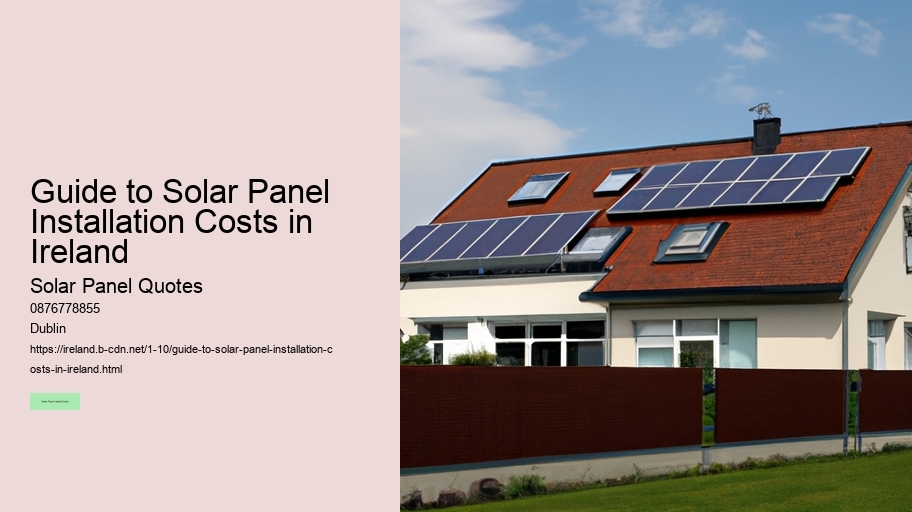

For instance, they can support water heating systems, reducing reliance on traditional electric heating or gas boilers.
This combination can help meet both electricity and hot water heating needs. The installation cost depends on various elements, including the number of panels required to meet your household's energy consumption, the type of solar panels used, and optional features like energy storage.
Financial support is available through the Sustainable Energy Authority of Ireland (SEAI), offering grants of up to €2,400 for solar panel installations.
Energy storage is an important consideration for those investing in solar panels.
Additionally, they support the heating of water for domestic use, further reducing overall energy consumption.

Modern rechargeable batteries are scalable, enabling homeowners to start small and expand as needed. Monocrystalline silicon panels, known for their efficiency and longevity, are ideal for properties with limited roof space. Thin-film solar cells may suit specific installations or areas with shading. With a smart meter installed, homeowners can monitor their electricity production and consumption, optimizing usage and savings.
Polycrystalline silicon panels provide a more economical option, though with slightly reduced efficiency. Investing in solar panels is a decision that benefits both your household and the planet. The payback period for solar panels in Ireland typically ranges from five to seven years, depending on the size of the system, energy consumption, and available grants.
The Sustainable Energy Authority of Ireland (SEAI) provides grants of up to €2,400 for solar photovoltaic (PV) installations. This added value complements the financial and environmental benefits of solar energy. For instance, they can power electric vehicle battery chargers, creating a cohesive renewable energy system.
Solar panel installations also enhance the value of properties. Several factors influence the overall cost of a solar panel system, including roof size, shading, and orientation. The cost of electricity by source has been steadily increasing, and solar power provides a predictable and stable way to lower energy bills over time.
Selecting the right type of solar panels depends on individual needs and site conditions. Watt Peak
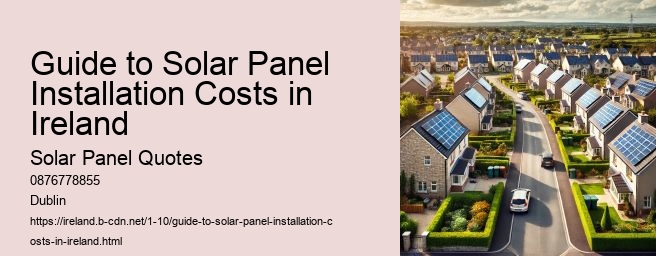
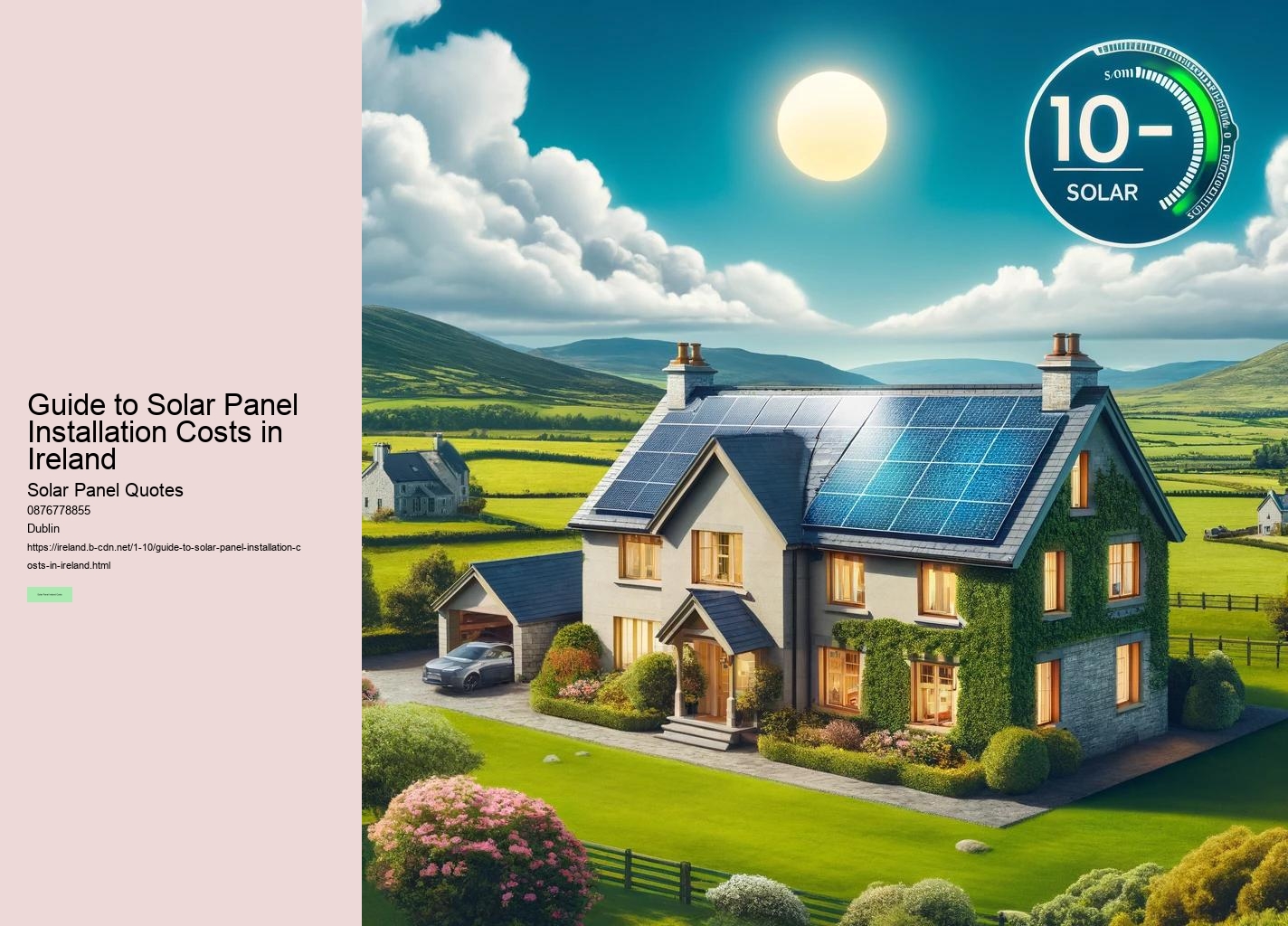
By producing their own electricity, they reduce dependence on the electrical grid and contribute to Ireland's sustainable energy development. They also complement electric vehicles and battery chargers, offering a cohesive solution for sustainable energy needs.
On average, the cost of solar panels in Ireland ranges from €6,000 to €18,000, with several factors influencing the final price.
By harnessing sunlight to generate electricity, solar systems decrease reliance on fossil fuels and support the shift toward renewable energy sources.
The payback period for solar panels in Ireland ranges from five to seven years.
As energy prices continue to rise and climate concerns grow, solar panels provide a forward-thinking solution to power your home efficiently and sustainably. The payback period for solar panels in Ireland is typically between five and seven years.
Solar water heating systems, for instance, use thermal solar collectors to heat water, reducing the reliance on electric heating or gas boilers.
The environmental benefits of solar energy extend beyond reducing electricity bills.
Solar panels offer a practical and environmentally friendly way to lower electricity bills, reduce dependence on fossil fuels, and contribute to sustainable energy practices.
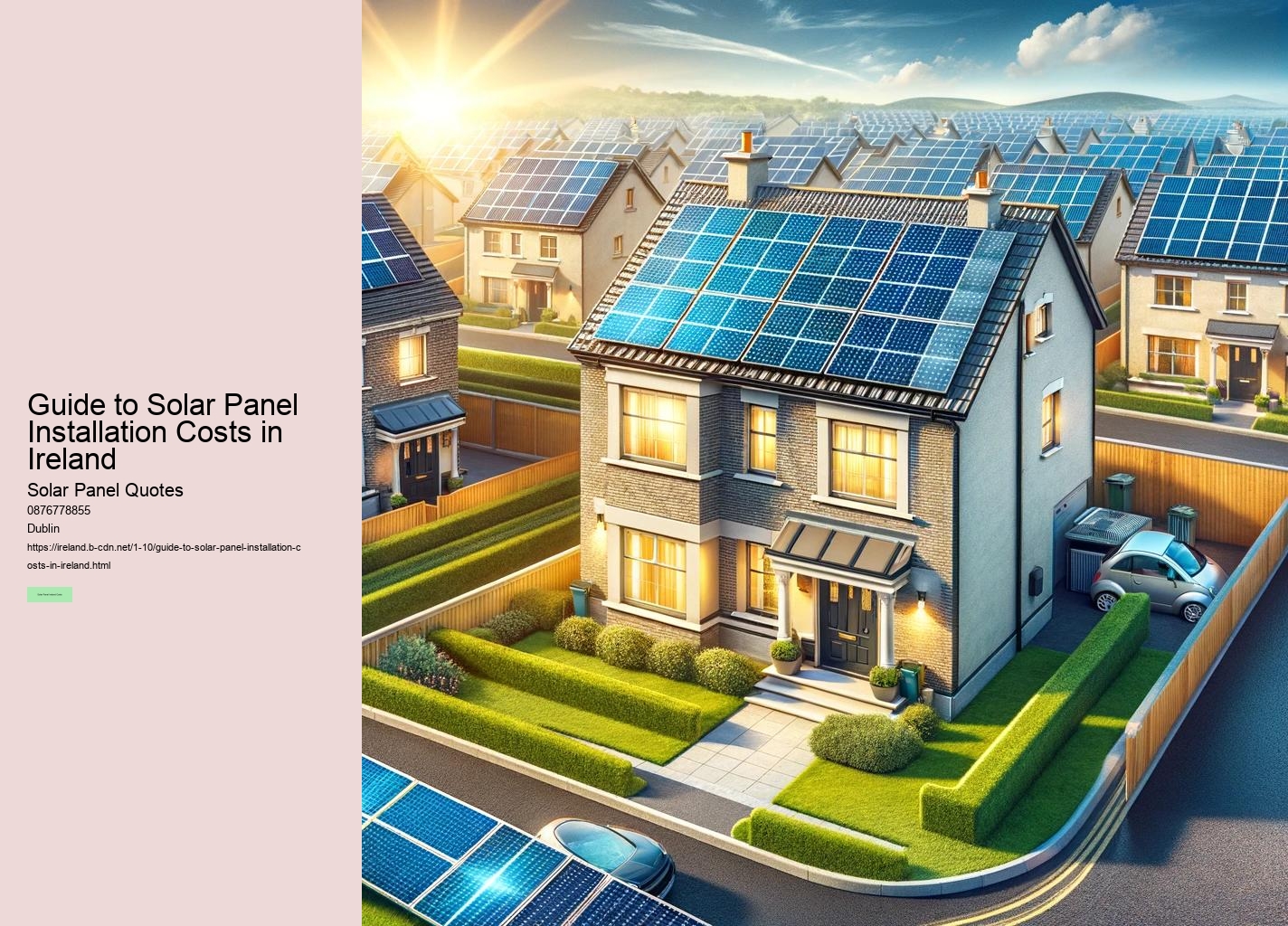
Excess energy can be stored in batteries or exported back to the grid, creating additional savings or income through feed-in tariffs. When discussing solar panel installation in Ireland, the cost is often a primary consideration. Understanding the various factors that influence costs, available financial supports, and the long-term savings helps homeowners make informed decisions. For homeowners and businesses in Ireland, solar panels provide an effective way to achieve energy independence, lower costs, and contribute to a more sustainable planet.
During this time, the cost of installation is recovered through savings on electricity bills and potential earnings from selling excess energy back to the grid. Regular cleaning to remove dirt and debris ensures optimal performance, while modern systems are designed to last for 20 to 25 years or more. Thin-film solar cells, though less commonly used, are an option for unique installations or areas with lower sunlight exposure.
Beyond the financial savings, you contribute to a cleaner, more sustainable future by reducing greenhouse gas emissions and supporting renewable energy development. The cost of installing solar panels in Ireland typically ranges between €6,000 and €18,000. This aligns with global efforts to combat climate change and promote sustainable living.
While the initial investment may seem substantial, the long-term savings and benefits make it a cost-effective choice. Similarly, surplus energy stored in home energy storage systems can power essential appliances during grid outages, offering peace of mind and independence from fluctuating electricity prices. Monocrystalline silicon panels, known for their high efficiency and compact design, are a popular choice for homes with limited roof space.
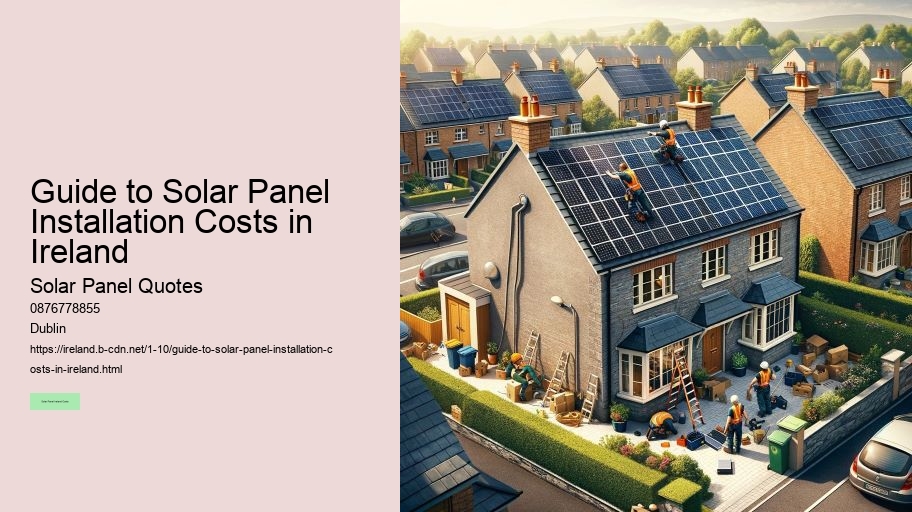
Solar panels typically pay for themselves within 5 to 7 years in Ireland through savings on electricity bills.
Solar panels typically pay for themselves within 5 to 7 years in Ireland through savings on electricity bills.